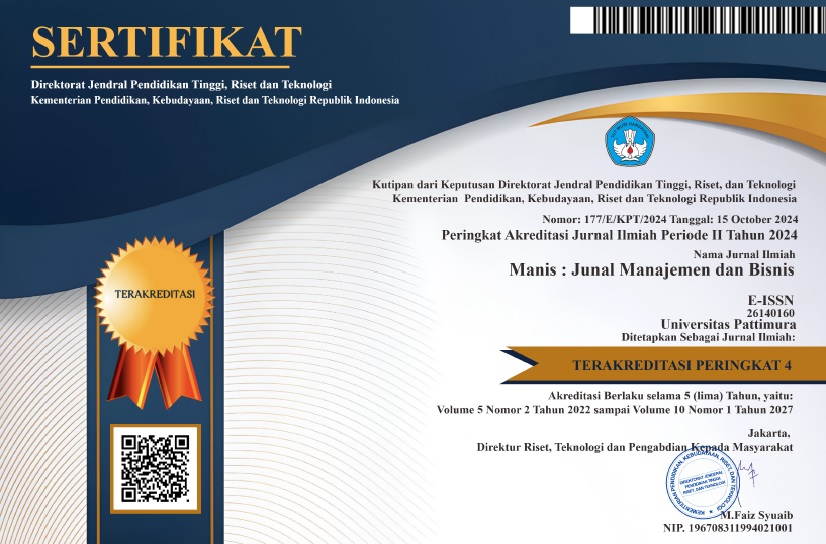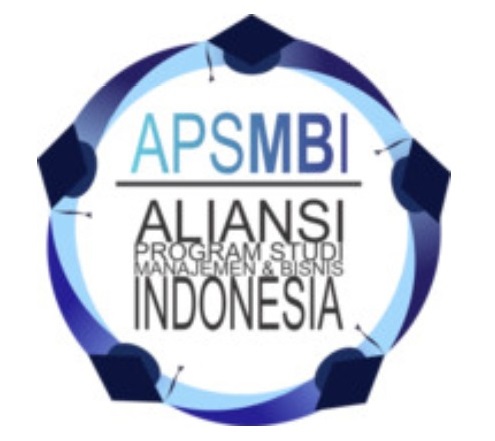ANALISIS KENDALA-KENDALA POTENSIAL DALAM PENERAPAN TOTAL QUALITY SERVICE PADA HOTEL-HOTEL DI KOTA AMBON
Abstract
The success of the competent hospitality is very dependent on how the hotel
can provide satisfaction to customers through the creation of quality services.
Many companies have gained success because of applying the principles of
quality management. Total Quality Services (TQS) the principles of quality
management services that can be used as strategic tools for the hospitality in order
to improve the quality of services. TQS application in order to obtain success,
hospitality should be able to identify the constraints that exist.
This study aimed to determine the potential constraints in the
implementation of TQS in hospitality. The study also examined potential
differences in the application of the constraints TQS between star hotels in
Ambon. The instrument used in this study is a research instrument used in
previous research by Ngai and Cheng. Respondents are managers and supervisors
within the scope of hospitality in Ambon.
From the research results can be seen that out of the 17 indicators used in
this study there are four indicators expressed not as a potential obstacle to the
application of TQS hotels in the city of Ambon. For an indicator to-1 that is about
cultural change (variable labor and culture), the indicator for-5 on the knowledge
and understanding of the quality management system, the indicator for-7 on
training and education quality, and indicators for-9 on the development of quality
measurement, The third indicator is part of the variable infrastructure factors.
There are differences in potential constraints faced by each hotel in the city of
Ambon. In the first five-star hotel there are 15 potential obstacle is encountered,
the 2-star hotel are 5 known obstacles, this 3-star hotel is only one obstacle course
and for the 4 and 5 star hotels do not have a potential obstacle to implementing
TQS.
Downloads
References
Kepuasan Pelanggan Melalui
Kualitas Pelayanan.
Usahawan. No. 05 Tahun
XXVI.
Cooper, R.D. dan Emory, W.C., 1996,
Business research Method,
Irwin, Boston
Diana, A. dan Fandy Tjiptono. 1998.
Penerapan Sistem Kualitas
dalam Industri Jasa
Berdasarkan Konsep Total
Quality Service. Usahawan.
No. 10 Tahun XXVII.
Ngai, E.W.T dan Cheng, T.C.E., 1999, A
Tool for Measuring Potensial
barriers to TQM
Implementation, The
Hongkong Polytechnic
University.
Nunnaly, 1978, Psychometric Theory,
McGraw-Hillseriesin.
Santosa, K. 1992. Total Quality
Management di Indonesia.
Usahawan. No. 11 Tahun XXI.
Sawarjuwono, T. 1996. Suatu Analisa
Kritis Penyebab Kegagalan
TQM. Usahawan. No. 06 Tahun
XXV.
Singarimbun, M., (1992), Metode
Penelitian Survey, Edisi ke-2,
LP3S
Copyright (c) 2017 Manis: Jurnal Manajemen dan Bisnis

This work is licensed under a Creative Commons Attribution-NonCommercial-ShareAlike 4.0 International License.









 This work is licensed under a
This work is licensed under a 